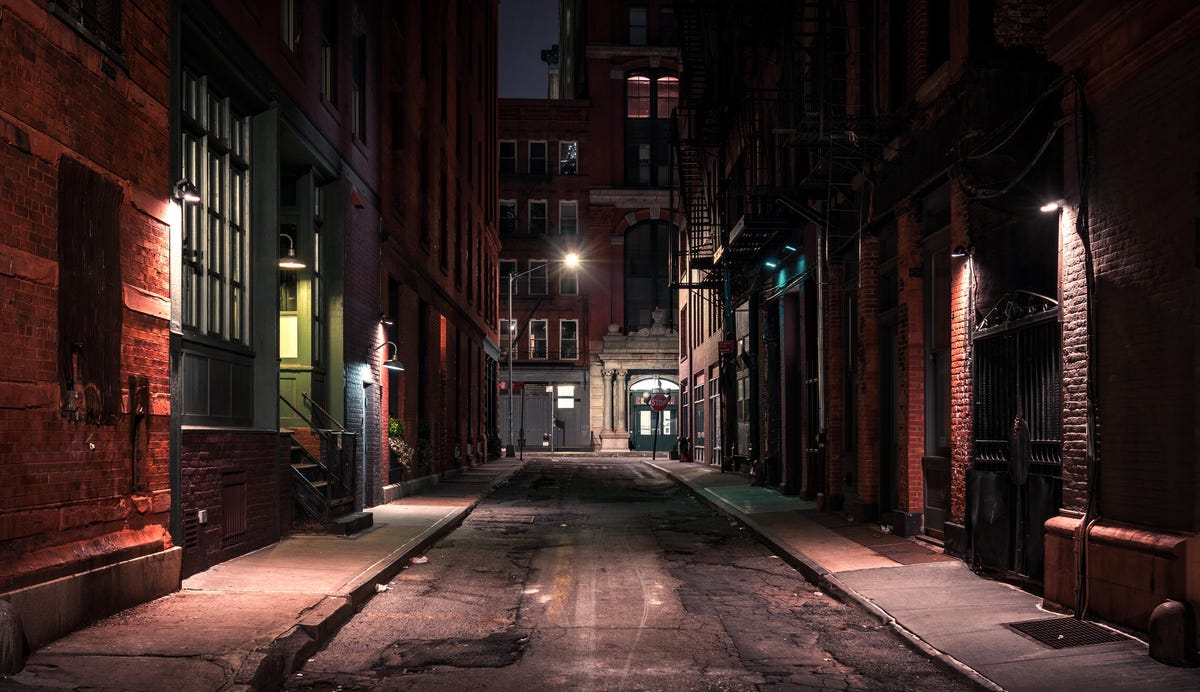Given the extensive list of health reasons humans need rest, it’s easy to understand why we close our eyes and go to sleep every night. But it’s much more difficult to explain what happens as we drift off into dreamland. Why do we dream? How do we interpret those dreams, especially if they’re bizarre or terrifying?
Dreams are common. In fact, you have one to six dreams a night, the strongest ones happening during REM sleep. Nobody remembers all the dreams they have, and if you’ve ever woken from a particularly unsettling or offbeat dream, you may wonder why you’re having it in the first place. You can start dissecting what your dreams mean with the help of three sleep experts we interviewed.
Here’s what to know about your dreams, what they mean and why you have them.
What are dreams?
Simply put, “Dreams are thoughts, images, sensations and sometimes sounds that occur during sleep,” Alan Kuras, a licensed clinical social worker at Westmed Medical Group, tells CNET.
There’s no definitive evidence about what dreams consist of, but it’s generally accepted that dreams represent a collection of thoughts, struggles, emotions, events, people, places and symbols that are relevant to the dreamer in some way.
The most vivid dreams typically occur during REM sleep, though you can dream during other stages of sleep.
Why do I dream?

If you’re one of those people who “doesn’t dream,” you probably just forget them.
Part of this is biological, Kuras says, as neurotransmitters that form memories are less active during sleep. Dream forgetfulness also appears to be related to the level of electrical activity in the brain during dreams.
Additionally, it could have something to do with the content of your dreams. Early psychoanalytic theory suggested that difficult or traumatic information in dreams is suppressed, and the dreamer is less likely to retrieve or analyze it.
Dr. Meir Kryger, a sleep medicine doctor at Yale Medicine, tells CNET that most people remember their dreams when they’re awakened in the middle of a dream or in the first few moments after a dream has ended. But the catch is that the memory only lasts for a short time. Unless you write it down or replay it in your head over and over, there’s a good chance you’ll forget the dream. It’s more common to forget our dreams than it is to remember them, Kryger says.
When you wake up also matters. Research has shown that people who wake up during REM sleep report more vivid, detailed dreams, whereas people who wake up during non-REM sleep report fewer dreams, no dreams or dreams of little significance.
What does my dream mean?

Dreaming about water, wind or fire may offer some insight into your emotions.
Though there’s no concrete evidence that the elements have particular meanings (it’s mostly speculation, Kryger says), some associations seem common.
Water is thought to symbolize emotions, Loewenberg says, and different types of water can mimic different emotions. For instance, muddy water can represent sadness, tidal waves can represent overwhelm and clear water can represent emotional clarity.
Fire most often equates to anger or distress, Loewenberg says, while wind can represent imminent changes or changes that you’re currently going through.
“As far as these being accepted meanings, all that truly matters is what fits for the dreamer,” Loewenberg says. While many symbols have a general meaning that can fit most people and common situations, you have to account for your personal associations with symbols, she explains.
What does it mean when you dream about death?

Dreaming in dark settings, like this one, may indicate sadness or loneliness.
Like the elements, there’s no scientific proof that darkness and light have set meanings, but many dreamers associate each with a particular feeling, Loewenberg says. For example, dreams that take place in the dark can represent uncertainty in real life — such as if you are “in the dark” about something going on and need more information to make a decision. Darkness has also been associated with sadness or loneliness.
Dreams that take place in the daytime, on the other hand, may not mean anything for most people. But if you typically dream in dark settings and suddenly have dreams set in the daytime, it could signify that an issue was resolved or that you’ve come out of a period of sadness.
Again, dream interpretation is almost entirely speculation, and what’s important is how you relate your dreams to your own life.
Why some dreams are common

Some dreams are straight-up weird, and it’s up to you to interpret them.
Since, as mentioned before, there’s no solid body of evidence about the meanings of dreams, you have to interpret your dreams in ways that make sense to you.
“The determination of what dreams convey are particular to the person and current situation,” Kuras says, “so what the person is experiencing, what challenges they are facing, and what psychological developments are occurring will inform meaning in each case.”
Dreaming is a thinking process, Loewnberg reiterates. “Our dreams, those strange little stories we experience every night while we sleep, are actually our subconscious thoughts,” she says. “They are a continuation of our stream of consciousness from the day.”
But during sleep, instead of talking to yourself in words, you are talking to yourself in symbols, metaphors and emotions, Loewenberg says. The change in language happens because your brain works differently during REM sleep: Notably, the prefrontal cortex, or decision-making center of your brain, is less active or inactive, while the amygdala, the emotional center of your brain, is highly active.
That’s why dreams can be so frightening or frustrating and feature events that shouldn’t or couldn’t happen in real life.
“In a nutshell,” Loewenberg says, “dreams are a conversation with the self about the self, but on a much deeper, subconscious level.”
